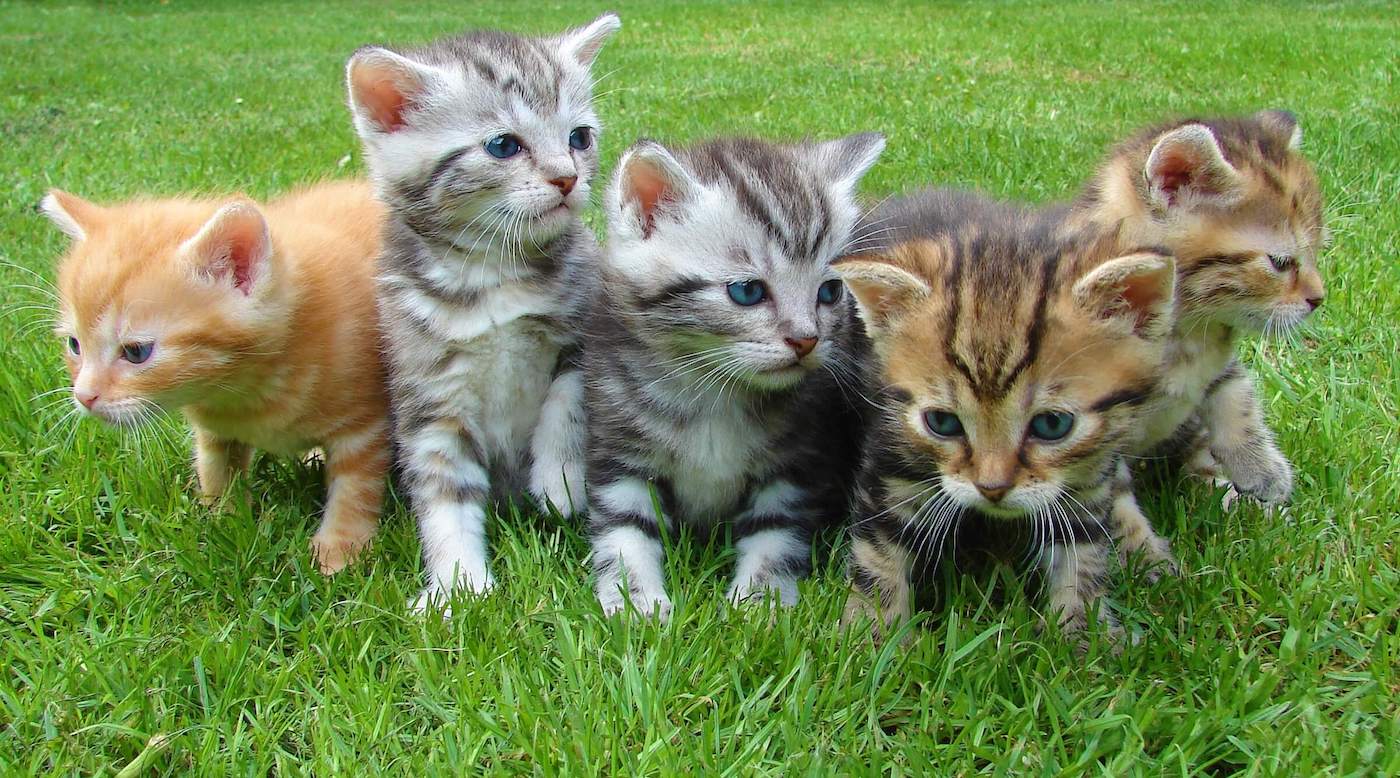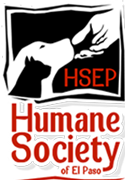
MARY SPEER SPAY & NEUTER PROGRAM FOR COMMUNITY CATS
Caring for El Paso’s free-roaming community cats humanely with free spay and neuter surgeries using the trap-neuter return method (TNR).
What is Trap-Neuter-Return (TNR)?
Trap-Neuter-Return (TNR) is a population management technique. Community cats are humanely trapped, surgically sterilized by a licensed veterinarian, vaccinated against rabies, and returned to their original habitat.
How do I schedule a spay or neuter service?
Please contact the Mary Speer Program Team at 915-838-5536 at or email maryspeer@hselpaso.org to schedule a service.
All treated cats are ear-tipped. This means a small portion of their right ear is surgically removed while under anesthesia to identify that they have been spayed or neutered.
No other vaccines or procedures are available
HSEP does not provide trapping or transportation services
Cats must arrive at a scheduled clinic in an approved, humane, live trap, regardless of temperament.
DO NOT transport cats or kittens in an open bed of a pick-up truck or in the trunk of a car with no ventilation.
How can we prevent unwanted litters?
A cat can become pregnant as early as four months of age. That’s why it’s important to spay or neuter all of your cats.
What is a free-roaming Community Cat?
A community cat is any free-roaming feral cat, untamed stray, or a friendly abandoned cat. Even lost cats are considered to be Community Cats. These cats live outdoors in groups called cat colonies.
What is kitten season?
You may have noticed more kittens around your neighborhood lately. Kitten season, also known as feline breeding season, occurs mid-March and ends in October. Shelters across the nation experience an intake overflow of homeless newborn litters around this time.
What do I do if I find abandoned kittens?
Please visit Save the Kittens – El Paso Animal Services for more information on how to help kittens.
Kittens from birth to eight weeks do best when raised by their mothers. If you find a litter of healthy, young kittens in a safe place, such as a yard, the best thing you can do is to leave them alone. If they’re healthy, it means mom is nearby and will soon return to care for them.
If the kittens are dirty, ill, lethargic, thin or cold to the touch, and you’ve noticed mom hasn’t been back to check on them, that is the time to intervene. If you are able to foster them, but need assistance, contact the Humane Society of El Paso foster program at foster_dept@hselpaso.org.
If you’re unable to foster them, please take them to Animal Services.
MARY SPEER – A LIFELONG FRIENDSHIP WITH ANIMALS

“Pet overpopulation affects everybody. Spaying and neutering permanently remove the pets from distraction and discomfort, and they can live a healthy, happy, and longer life.”
Mary Speer was a wonderful woman who dedicated her life to serving the animals of El Paso. When she was 30, she founded the El Paso Friends of Animals. Spaying and neutering cats was among her most noted efforts. When donations from the public fell short, Mary would often pay for the cats’ operations herself – an act of kindness she practiced for more than 50 years.
Upon her passing in 2014, she bequeathed a generous portion of her estate to the Humane Society of El Paso. Her gift allowed HSEP to create the Mary Speer Program for Community Cats to address El Paso’s cat overpopulation in a humane, non-lethal way. It’s an enduring gift that ensures the best kind of care for every kitten and cat.
Are you a friend to animals? Consider making a legacy gift of your own to the Humane Society of El Paso. Please email contact@hselpaso.org for more information.

